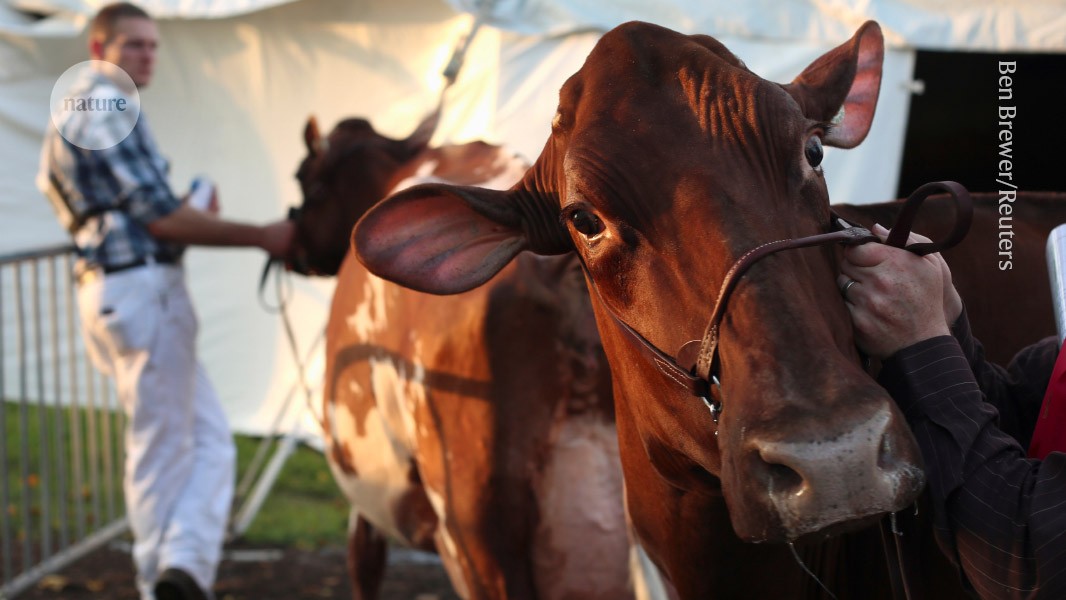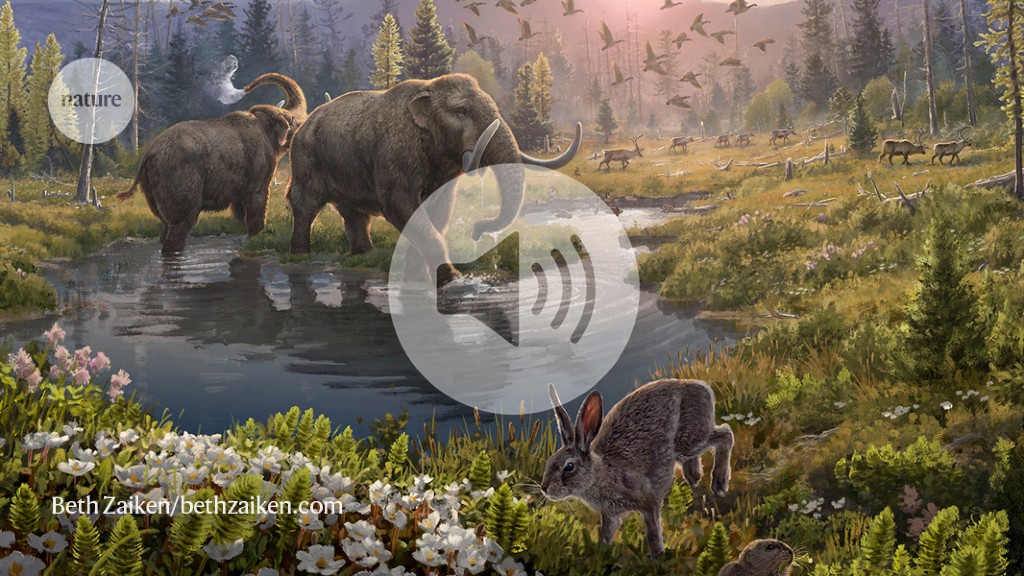In this episode:
00:45 World’s oldest DNA shows that mastodons roamed ancient Greenland
DNA recovered from ancient permafrost has been used to reconstruct what an ecosystem might have looked like two million years ago. Their work suggests that Northern Greenland was much warmer than the frozen desert it is today, with a rich ecosystem of plants and animals.
Research Article: Kjær et al.
Nature Video: The world’s oldest DNA: Extinct beasts of ancient Greenland
08:21 Research Highlights
Why low levels of ‘good’ cholesterol don’t predict heart disease risk in Black people, and how firework displays affect the flights of geese.
Research Highlight: ‘Good’ cholesterol readings can lead to bad results for Black people
Research Highlight: New Year’s fireworks chase wild geese high into the sky
10:31 Modelling the potential emissions of plastics
While the global demand for plastics is growing, the manufacturing and disposal of these ubiquitous materials is responsible for significant CO2 emissions each year. This week, a team have modelled how CO2 emissions could vary in the context of different strategies for mitigating climate change. They reveal how under specific conditions the industry could potentially become a carbon sink.
Research Article: Stegmann et al.
News and Views: Plastics can be a carbon sink but only under stringent conditions
Never miss an episode. Subscribe to the Nature Podcast on Apple Podcasts, Google Podcasts, Spotify or your favourite podcast app. An RSS feed for Nature Podcast is available too.





More News
Bird flu in US cows: where will it end?
Daily briefing: Why exercise is good for us
Daily briefing: Orangutan is first wild animal seen using medicinal plant